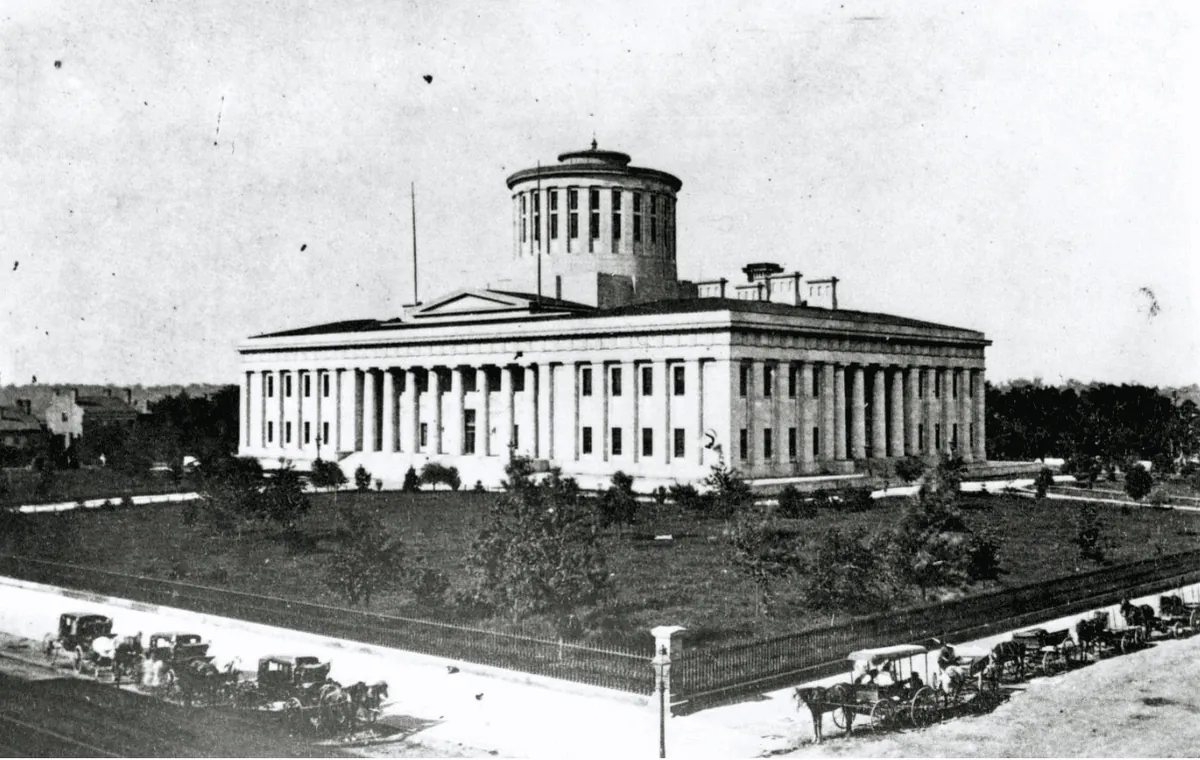Ohio Ballot Board Approves Controversial Redistricting Measure Language
Ohio officials approved ballot language for a redistricting measure, sparking controversy. The description suggests the proposal requires gerrymandering, contrary to its intent to establish a citizen-led commission.

In a recent development in Ohio, the state's Ballot Board has approved contentious language for Issue 1, a redistricting measure set to appear on the November 5, 2024 ballot. The approved text has sparked controversy due to its implication that the proposal mandates gerrymandering, which is at odds with the measure's actual intent.
The decision, made on September 18, 2024, saw the Republican-controlled Ohio Ballot Board vote 3-2 along party lines to approve the language. This action followed a 4-3 ruling by the Ohio Supreme Court two days earlier, which ordered revisions to two sections of the ballot description while upholding six others that had been contested.
The proposal, put forward by Citizens Not Politicians, aims to overhaul Ohio's current political map-making system. The plan calls for the establishment of a 15-member commission comprised of Republicans, Democrats, and independents to oversee the redistricting process. This initiative emerged in response to the rejection of seven different versions of congressional and legislative maps created after the 2020 Census, which were deemed unconstitutionally gerrymandered to favor Republicans.
Paula Hicks-Hudson, a Democratic state senator from Toledo and member of the ballot board, expressed concern about the approved language, stating it was "created for the main purpose of hoodwinking voters." Conversely, Frank LaRose, the Republican Secretary of State who chairs the board, declined to comment on the decision.
The Ohio Supreme Court's ruling emphasized that it can only invalidate ballot language if it is found to "mislead, deceive, or defraud the voters." The majority opinion determined that most of the approved summary adequately described the extensive amendment, with only two sections requiring revision.
"This may be the most biased, inaccurate, deceptive, and unconstitutional ballot language the state has ever seen."
Citizens Not Politicians, the bipartisan coalition behind the amendment, filed a lawsuit in August 2024, asserting that the ballot language was exceptionally biased and misleading. Despite these concerns, the exact wording of the constitutional amendment will be available at polling locations for voters to review.
This controversy highlights the ongoing challenges in Ohio's electoral process, a state that has played a crucial role in U.S. presidential elections and is often considered a swing state. With a population of approximately 11.8 million as of 2021, Ohio has a significant impact on national politics.
It's worth noting that Ohio, which became the 17th state of the United States in 1803, has a rich political history. The state has produced seven U.S. presidents, tying with Virginia for the most of any state. This latest redistricting debate adds another chapter to Ohio's complex political landscape, reflecting the ongoing national conversation about fair representation and the challenges of gerrymandering, a practice that has been controversial since its naming in 1812.
As the November 5, 2024 vote approaches, Ohio voters will have the opportunity to weigh in on this significant proposal, which could reshape the state's political map-making process for years to come.


































